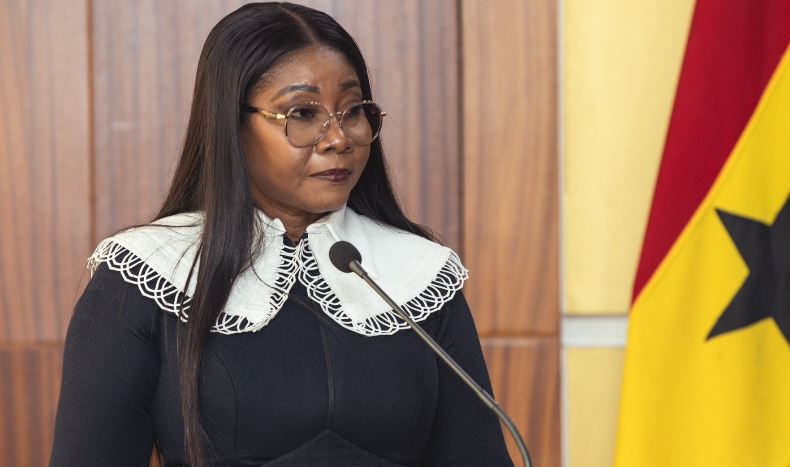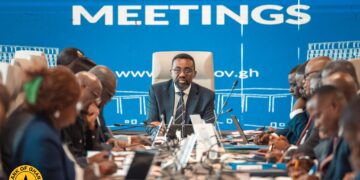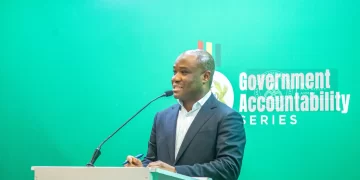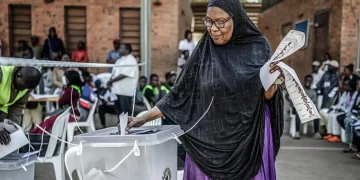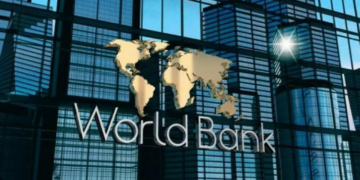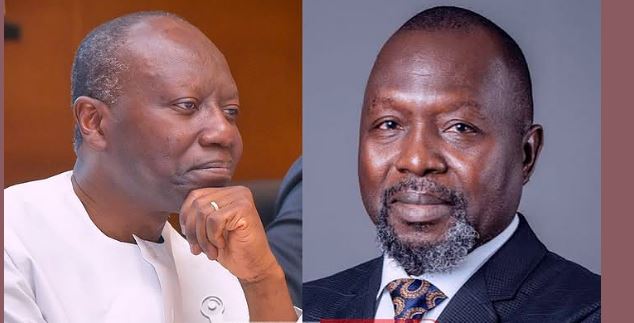The Minister for Energy, John Jinapor, has confirmed that the West African Gas Pipeline Company (WAPCO) has cut back on gas supply to Ghana due to an outstanding debt of $20 million, heightening concerns over the country’s deepening energy crisis.
Speaking to journalists, Mr. Jinapor revealed that Ghana’s energy sector is reeling under immense financial pressure, with a staggering GH¢80 billion debt burden that threatens the stability of electricity generation and supply.
“As we speak today, WAPCO has curtailed gas supply due to outstanding liabilities,” the Minister said. “We are engaging with stakeholders to deal with these issues, reduce the mountain of debt, and ultimately reverse the trend.”
The situation has sparked renewed fears of a return to “dumsor,” the infamous periods of prolonged power outages that plagued Ghana in previous years. However, Mr. Jinapor was quick to allay such fears.
“Let me be clear, there is no load shedding, and therefore, we cannot publish a load shedding timetable when we are not shedding load. This is a supply situation,” he clarified. “The official report I receive daily confirms that load management is not required at this point.”
Despite WAPCO’s move, he assured Ghanaians that there are currently no widespread outages planned, although isolated power cuts may occur due to weaknesses in the national grid, stating “Admittedly, we have inherited a very weak system. The transmission grid is fragile, and so, at the slightest challenge, some areas may go off,” he explained.
The Minister also pointed to a broader pattern of instability in the energy sector revealing that Independent Power Producers (IPPs) and other major players such as ENI have also threatened to halt supply if their financial demands are not met.
Mr. Jinapor disclosed that the government recently paid $35 million to avoid further disruptions, highlighting “IPPs are threatening to cut supply. WAPCO has already reduced gas supply. Nigeria Gas and ENI have also made threats. We had to make an emergency payment of $35 million just to hold the system together.”
He reiterated government’s commitment to keeping the lights on, adding that the 2025 Budget proposes a significant tariff increase to address ECG’s financial shortfalls and strengthen power infrastructure.
“We need to improve our substations, especially in areas like Kumasi and parts of the Volta Region. It’s a very tight and difficult situation, but we are determined to resolve it. We just ask Ghanaians to bear with us.”
Ghana’s energy sector has been plagued by chronic debt, inefficient power transmission infrastructure, and over-reliance on thermal power, which often requires expensive fuel. The country’s previous struggles with “dumsor” significantly impacted industries, households, and economic growth.
With mounting debt and increasing pressure from power producers, the Energy Ministry is racing against time to stabilize supply while managing public expectations. The current administration’s energy strategy, as highlighted in the 2025 budget, aims to inject capital, renegotiate contracts, and pursue tariff reforms to salvage the sector.
Mr. Jinapor’s latest assurances aim to rebuild public trust and prevent panic as the country navigates this difficult period.
Read More @ATLFMNEWS.COM


